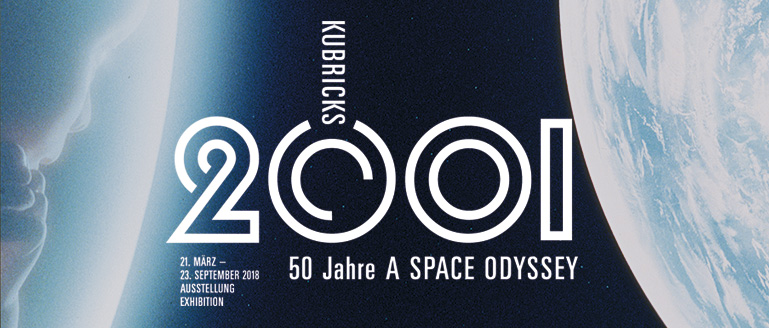"Good morning Dave." His voice was friendly, somehow soft and always a bit forgiving. Even if HAL turned unmoved against its creators, because: "Brains of the 9000 series are the best computers that have ever been built. No 9000 series computer has ever made a mistake or given unclear information. We are all XNUMX% reliable and foolproof – we are never wrong.”
It is incredible how unerringly and prophetically Stanley Kubrick formulated our central dilemma of today in his cult film "2001: A Space Odyssey" exactly 50 years ago, the conflict between boundless belief in technology and the moral challenges that AI presents us with. There are many critical voices warning of a loss of control over future powerful, self-learning supercomputers. Tesla boss Elon Musk and the recently deceased Stephen Hawking are just two of the prominent admonishers.
There's no denying that technology can make the world a better place. But the analysis by SPON columnist Christian Stöcker is just as important: “Autonomous decision-making systems need supervision and control, and better sooner than later. At the moment, however, the risk is not primarily that the machines will become too smart – but that we are still too stupid to make them really smart.”
Today's HALs - Siri, Alexa or Mortana - are (fortunately) not quite as smart. Although occasionally frightening, namely when they burst out laughing unprompted and out of nowhere.
The German Film Museum in Frankfurt am Main is now presenting more about HAL and Kubrick Kultfilm in a special exhibition worth seeing. With numerous original exhibits from international collections and from the Stanley Kubrick Archive of the University of the Arts London.
PS Real fans can now bring HAL home too. The US company Master Replicas is currently developing an original licensed replica of the HAL-9000 with Amazon's Alexa as the language assistant. The software shows the interface from the film on an Amazon Fire tablet display. So far, only HAL's film quotes can be heard, which can be called up via Alexa. At the end of the development, Alexa itself should speak with the voice of HAL and control our smart home as a virtual assistant.
By Thorsten Unger
